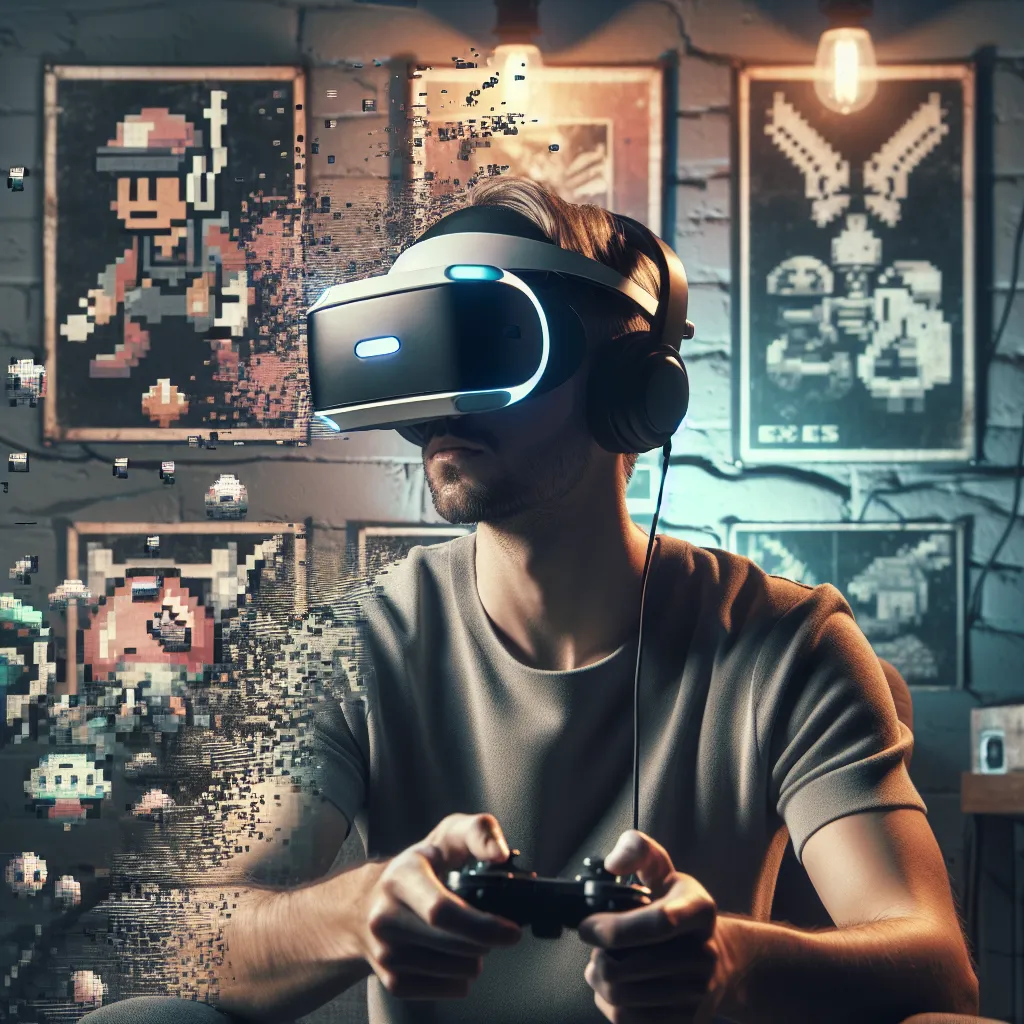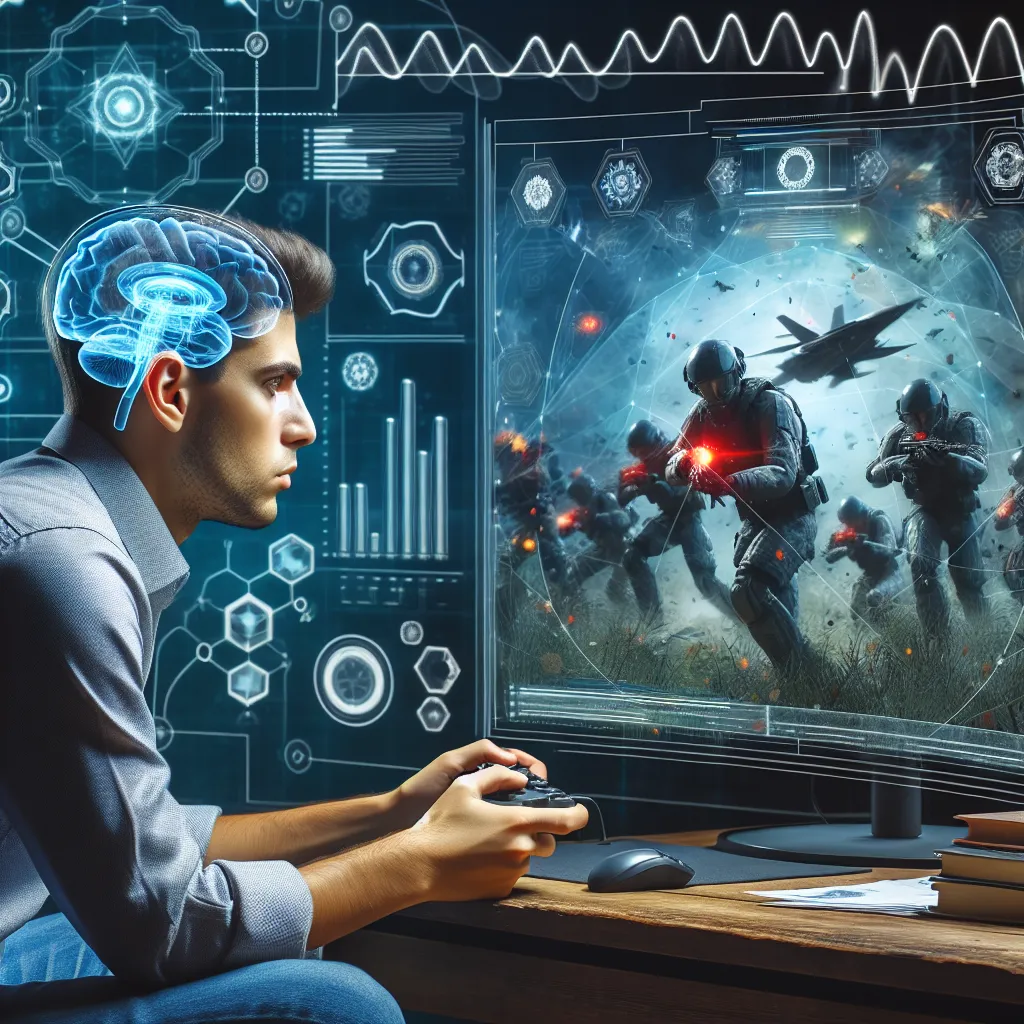The evolution of PC gaming has been a remarkable journey, marked by technological advancements and groundbreaking titles that have redefined the gaming landscape. From the early days of text-based adventures to the emergence of 3D graphics and the rise of online multiplayer gaming, PC gaming has continuously pushed the boundaries of what is possible. The introduction of virtual reality (VR) and augmented reality (AR) technologies is poised to revolutionize the gaming experience, offering unprecedented levels of immersion and interactivity. Furthermore, the impact of online multiplayer gaming has been significant, transforming the gaming experience by providing greater competition, collaboration, and social interaction. The allure of forming communities, engaging in strategic battles, and competing in organized tournaments has contributed to the continual growth of PC gaming. With the rise of esports, multiplayer gaming has become a mainstream phenomenon, offering professional opportunities and elevating gaming to a highly competitive level. As PC gaming continues to evolve, it is clear that it will remain at the forefront of innovation and redefine the gaming experience.
The article provides a comprehensive overview of the origins and evolution of console gaming, tracing its roots back to the rudimentary video game systems of the late 1960s and early 1970s. It highlights the groundbreaking impact of early consoles such as the Magnavox Odyssey and Atari Pong, which laid the foundation for the multi-billion-dollar industry that exists today. The author emphasizes the revolutionary nature of these early systems and their role in sparking the ongoing innovation and creativity within the industry. Furthermore, the article discusses the advancements in graphics and gameplay, from 8-bit and 16-bit graphics to high-definition, lifelike visuals, as well as the integration of advanced AI, physics engines, and dynamic environments to enhance the gaming experience. The reader is encouraged to delve into the full article to gain a deeper understanding of the journey from the simplistic beginnings of console gaming to the immersive virtual reality experiences of today, showcasing the relentless pursuit of immersive entertainment experiences.
The article explores the cognitive benefits of video games, particularly in improving decision-making, enhancing problem-solving skills, and the relationship between video games and memory retention. It discusses how video games can improve decision-making abilities by presenting complex scenarios, requiring quick thinking, and weighing risks and rewards. Additionally, it highlights the potential for problem-solving video games to enhance critical thinking, adaptability, and resilience, with immediate feedback contributing to skill improvement. The complex relationship between video games and memory retention is also addressed. Overall, the article invites readers to consider the valuable cognitive benefits that video games can offer, encouraging a deeper understanding of their impact on cognitive skills.
The world of reality TV may seem glamorous, but behind the scenes, it's a different story. Manipulation and exploitation are prevalent, with producers prioritizing ratings over the well-being of contestants. Deliberate editing and framing present skewed narratives, impacting contestants' lives even after the show ends. The pursuit of drama often leads to the exploitation of vulnerabilities, perpetuating harmful stereotypes. It's crucial for viewers to critically analyze the content and consider the ethical implications of supporting such sensationalism over authenticity. The reality behind reality TV production adds another layer of manipulation, as scenes are often scripted and reshot, distorting the truth to fit the producers' agenda. The immense pressure and stress on participants can lead to anxiety, conflicts, and psychological distress, while the influence of producers in shaping cast dynamics cannot be underestimated. Viewers must recognize that reality TV is far from a true reflection and consider the impact of supporting such manufactured narratives.




